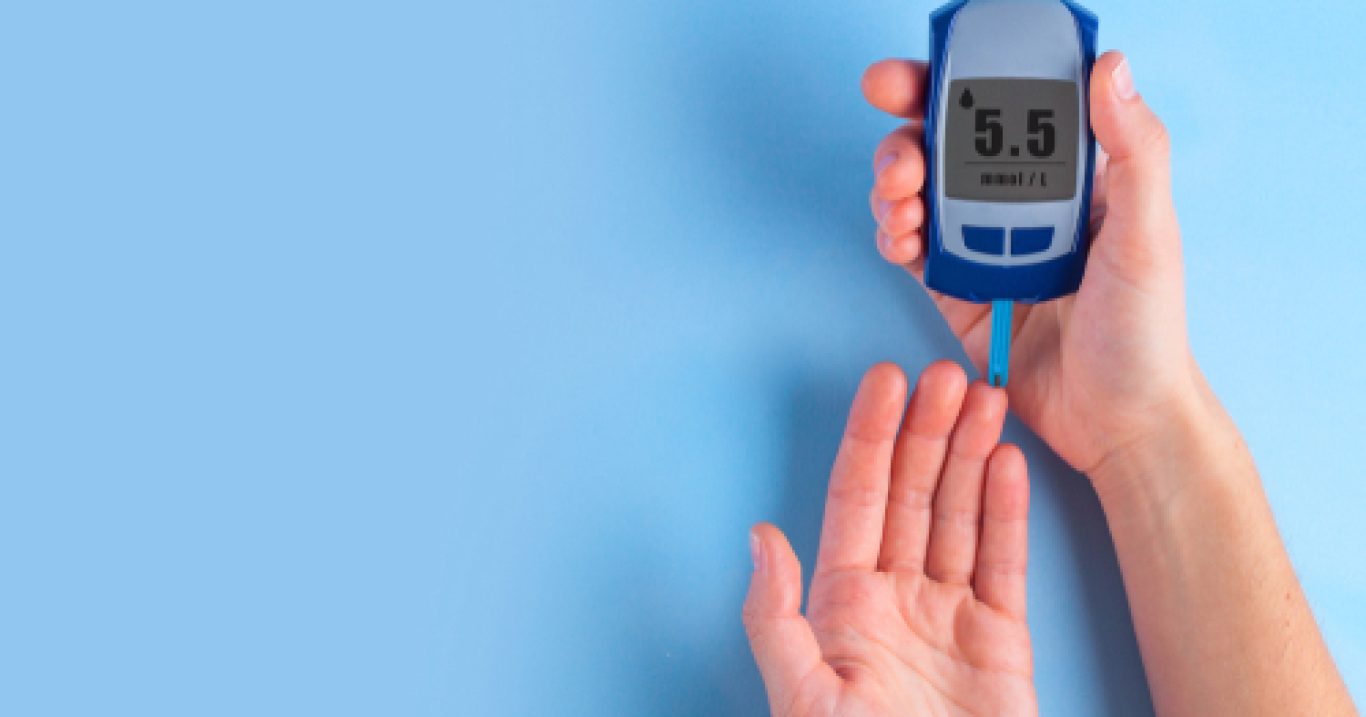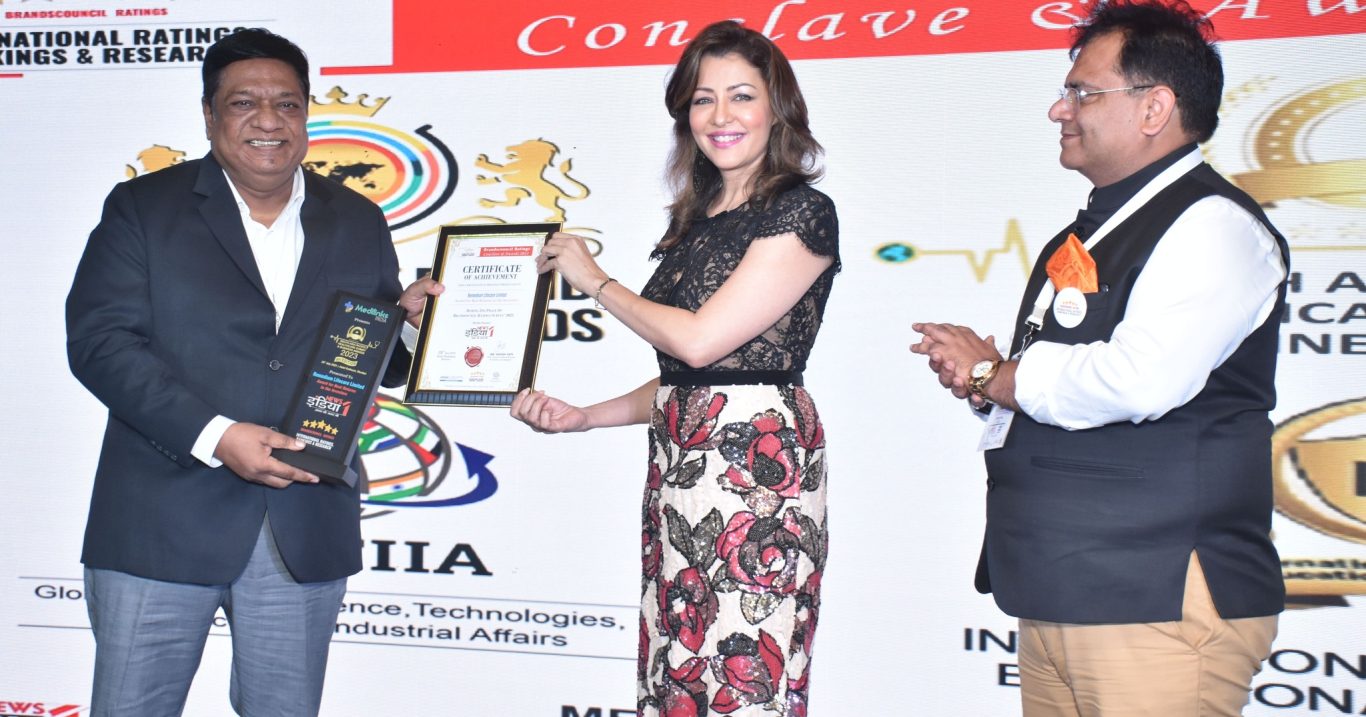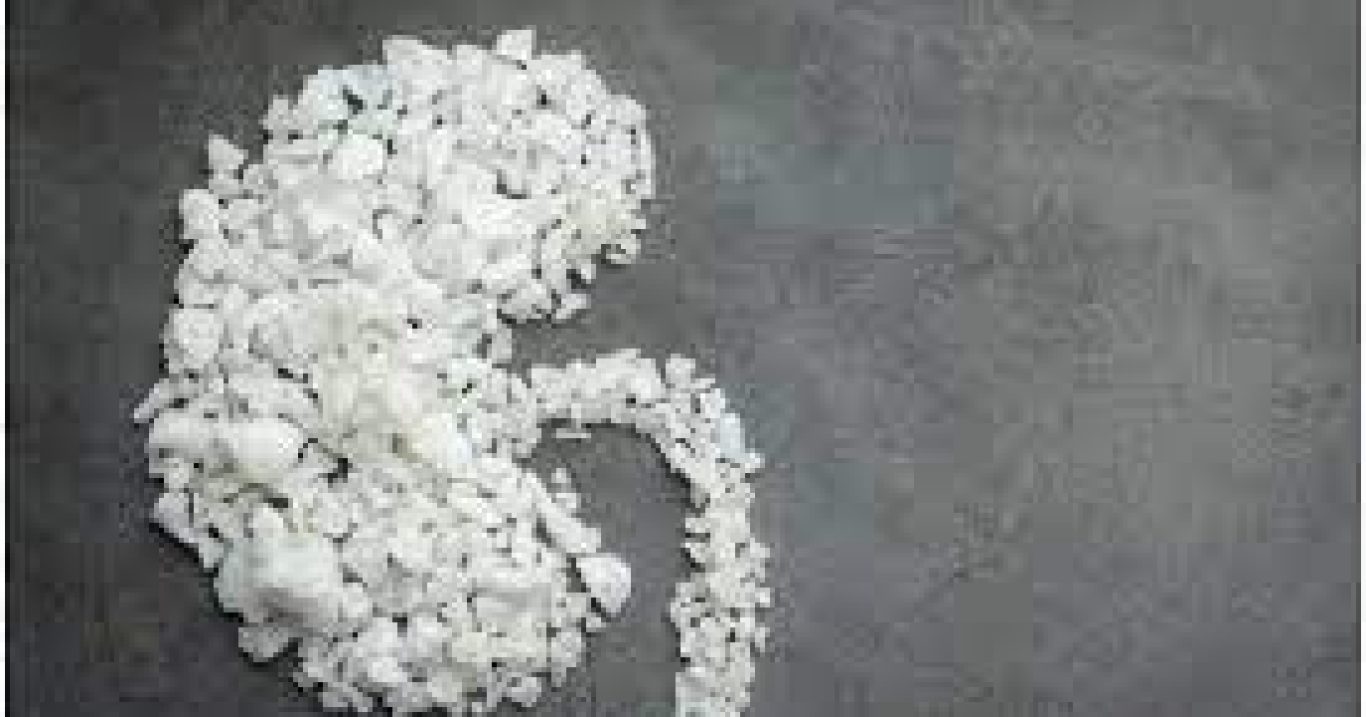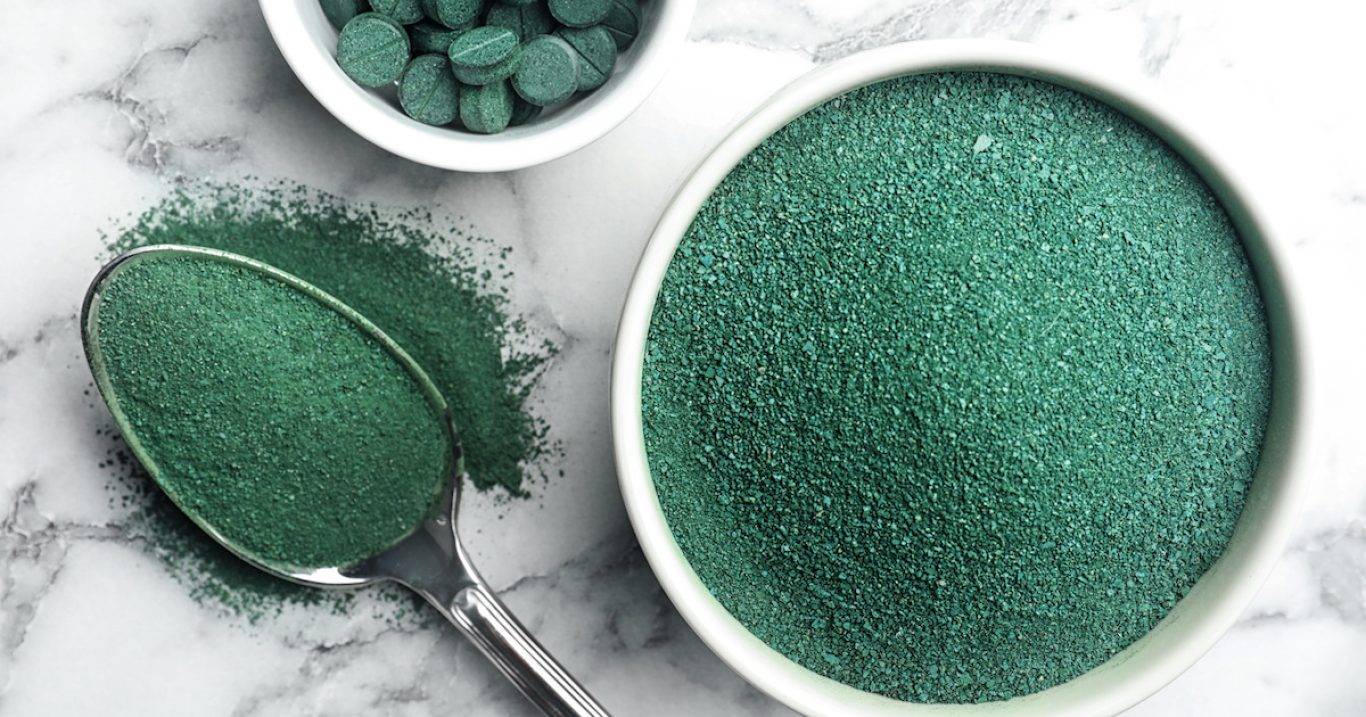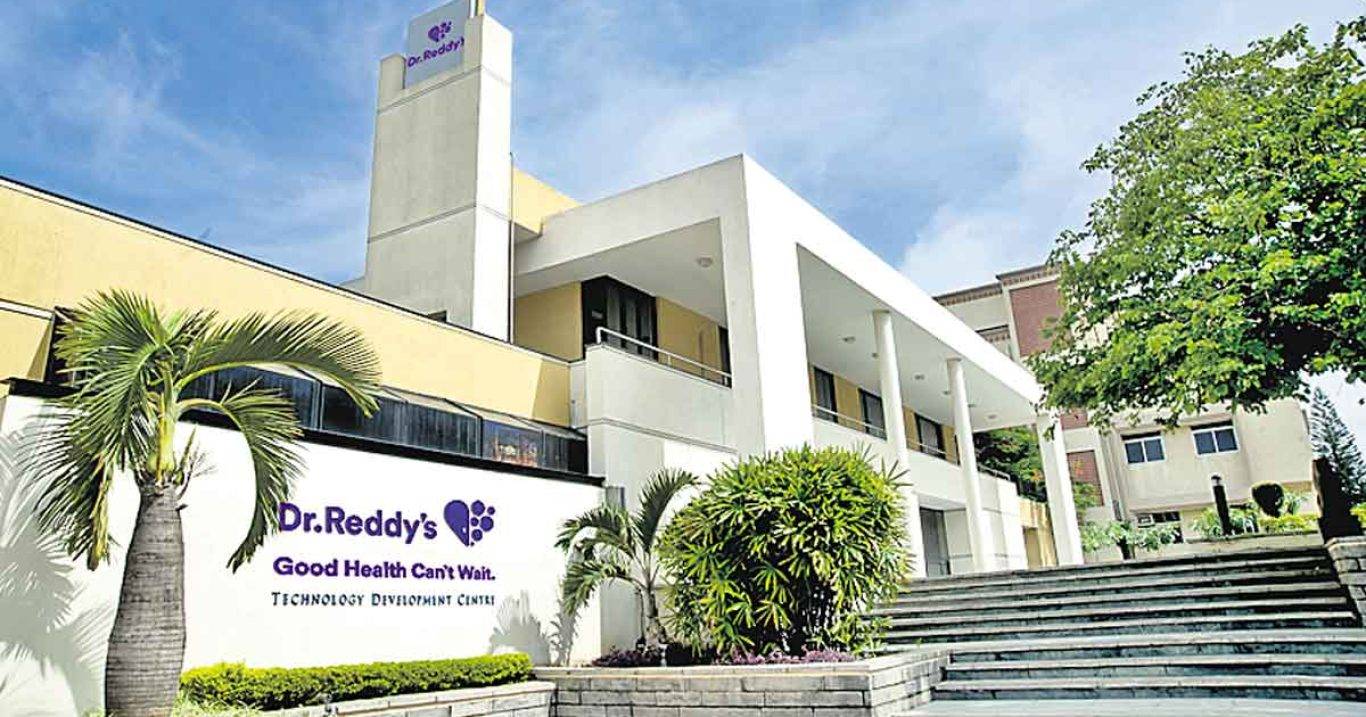Ranbaxy looks to sell India-made generic medicines in Japan
Ranbaxy,the global generic arm of Japan’s second-largest pharmaceutical company, Daiichi Sankyo, plans to supply medicines to the Land of the Rising Sun from its Indian facilities, according to sources. Though Ranbaxy is yet to get approvals from the Japanese regulatory agency, it is trying to get a foothold in that market to boost its consolidated revenues, sources added.
When contacted, a Ranbaxy spokesperson told Business Standard: “The product selection procedure for launch in Japan has been finalised.” He added the hybrid business model between Ranbaxy and Daiichi Sankyo continues on several fronts and Daiichi Sankyo Espha Co Ltd will be the vehicle to introduce generic products in Japan, through a joint team set up for development, sales and distribution.
However, Ranbaxy did not respond to specific queries related to facility approvals and time of launch.
According to a source, Ranbaxy and Daiichi Sankyo officials are in advanced talks with Japan’s Ministry of Health, Labour and Welfare, which regulates medicines. “If the company secures approval to supply to Japan from its Indian facilities, it will be a major positive for Ranbaxy, after troubles in the US.” Japan is a major pharma market and not too many generic companies are present there. “An early entry will be helpful for the company to establish itself. Also, it will be right utilisation of Ranbaxy’s Indian plants.”
Japan, despite being the world’s second-largest pharmaceutical market, pegged at $90 billion annually, it has so far been a tough destination for generic manufacturers because of the country’s tight regulatory regime. The generic penetration is estimated very low even today, in spite of a series of reforms launched by the Japanese government with an intention of expanding generic drug reach to 30 per cent of the drug market by 2013, from 18 per cent in 2010.
Among Indian drug makers, only Lupin has a significant presence in the Japanese pharmaceutical market. Lupin established its presence in Japan by acquiring a majority stake in generic pharma company Kyowa Pharmaceutical in 2007.
Later, Lupin also acquired I’rom Pharmaceutical Co to enter the generic injectable segment.
According to experts, with Daiichi Sankyo being an innovator company, with significant presence in Japan, Ranbaxy has a fair chance of establishing itself in the
market. Also, if the drug maker gets product approvals from Indian facility, it will reduce its cost while increasing revenues.
Ranbaxy’s key generic manufacturing facilities at three sites in India – Paonta Sahib, Dewas and Mohali – are currently under the radar of the US Food and Drug Administration, considered to be the strictest of international drug regulators. Following import alerts on these factories, Ranbaxy’s supplies from these facilities are currently barred in the US market.
However, Ranbaxy management has maintained the firm’s facilities at Dewas and Paonta Sahib have been supplying to various other markets. Recently, it also indicated that the Mohali facility may also supply to other markets.
On Friday, Ranbaxy Laboratories’ shares ended at Rs 419.65 apiece on the BSE, up 1.2 per cent from the previous close.







